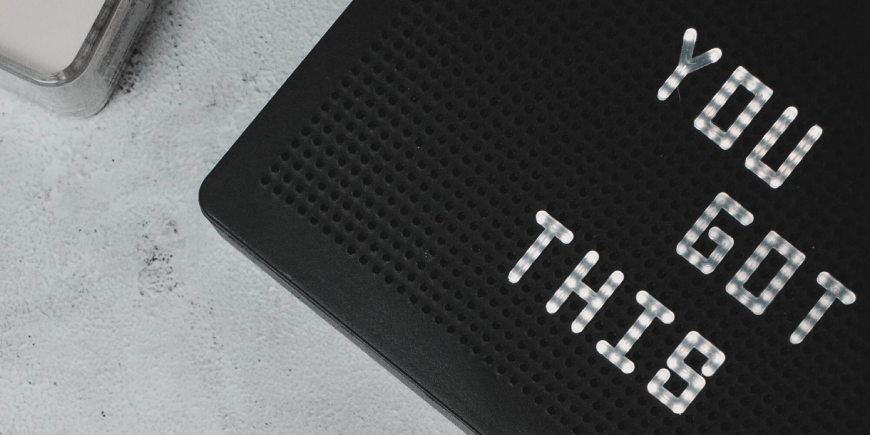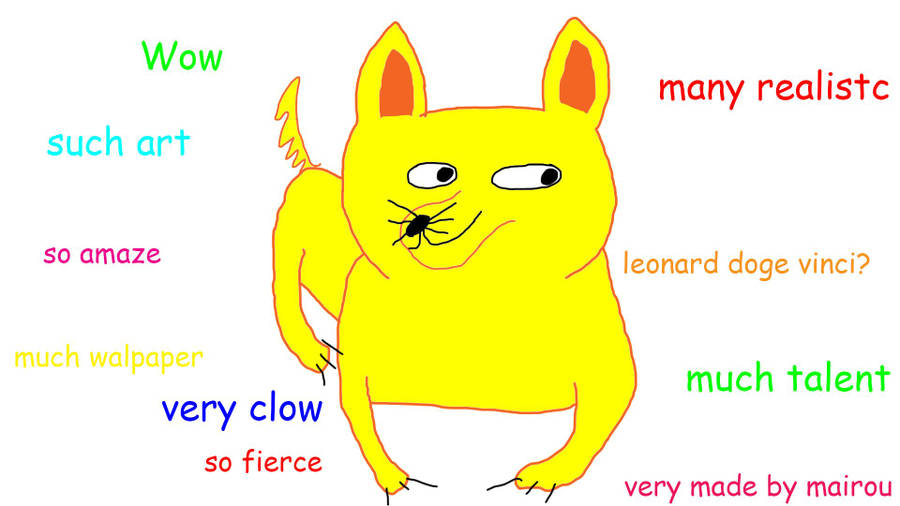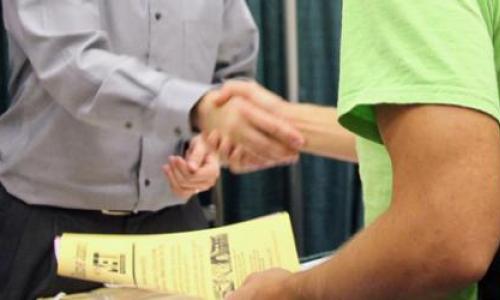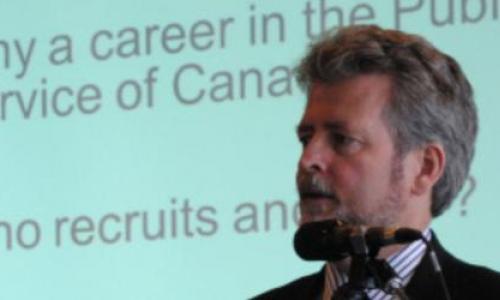
As they say, confidence is key. This is especially true when you go for an interview. I know when I started my first ever co-op search, I had very little confidence because of my lack of experience. But, to all of you starting your co-op searches: don’t fall into this mindset! Something that is important to realize is: You can bring value, you have a unique perspective and experience, and once you find the right company- you will get hired!

It’s safe to say that I have had a fair share of interviews when I was a co-op student. I even wrote a series about my first co-op and second co-op search terms. Let’s just say that as a recent graduate, interviews do not magically get easier. I still get nervous! But after going through all of these awesome learning experiences, I have come to notice a few things that have helped me increase my confidence during interviews. Here’s how I get my confidence up before and during an interview:
1. Know Your Stuff
Yes, you have heard this one a million times- but it’s because it’s important. You have been told to research the company in advance in case they ask you the “What do you know about our company” question. You know that it is important to actually review the job description and identify examples from your experience. Take a look at Jordana’s STAR approach for more details on this. And of course, you are very aware of bringing physical examples of your work if you have some. Katya does a brilliant job outlining how you can prepare your portfolio/work samples.
By knowing about the company, and knowing how your skills are relevant to your employer’s needs, you are going to stand out as a prepared and thoughtful candidate. One of the times when preparation was especially key in my experience, was when I had to prepare a presentation/proposal on a topic. Not only did I have to practice, practice, practice, but I had to know a lot about the organization before I could even start thinking about pitching them a new idea. How silly would it have been if I pitched them something they have already done?
Know about the company and what you can bring to that company!
One of my favorite TED Talks right now is Amy Cuddy’s “Your body language shapes who you are”. It’s 20 minutes well spent! In a nutshell, she shares how posing in a confident manner will actually send messages to your brain to make you feel more confident! My favorite tip from this video is to stand in “victory pose” for two minutes to help you feel more confident. One of my favorite quotes from her video is “Fake it til you become it”, rather than the traditional “Fake it til you make it”. She explains that you will actually become more confident when you start acting like it.
Believe it or not, I have actually done this a few times before interviews. Please note, one of the key things about this is to do this in a bathroom stall (so people do not think you’re crazy). Boy, was I glad I paid attention to this last part, because there was one time I was power posing in the bathroom of the organization I was about to interview for, and someone came in the bathroom. I quickly made sure I lowered my arms so that the person in the washroom would not see two hands popping out of a stall. I left the stall after my two minute power pose, and saw the person that was also in the bathroom. Turns out this was my interviewer—good thing I power posed in the bathroom stall.

Sometimes nerves can just downright make it hard to shine during your job interview. “I want to do well, I want to impress my interviewers, and I want that job!”
When you put that much pressure on yourself, you are bound to get nervous. This can really come into play during the interview itself. Now, unfortunately we can’t just stand up and power pose when the interviewer asks us a hard question. Though I would imagine that would leave a memorable impression.
Instead, remind yourself to breathe! I have found that when I get nervous, I unconsciously hold my breath, which inherently makes it harder to talk. Sometimes something as simple as breathing is enough to calm you down. The other thing to remember is the importance of smiling. Show off those pearly whites to your interviewer because it will certainly feel good and it looks good too! Here's the bonus: your interviews might smile back, which in itself is comforting. These ideas may seem simple, but they are discreet and can help relax you during a nerve-wracking time.
Have you ever been asked a question during an interview and did not know what to say right away? Have you ever been asked a question that you only half understood?
There are a couple strategies you can try. First, you can ask them to repeat the question. Second, you can repeat the question outloud to yourself. I have been a member of Toastmasters for a couple years, and this has been really helpful with my interview experience. One of the things we practice is “table topics”, which is essentially impromptu speaking. We are given random questions and expected to speak about it right away for 1-2 minutes. It’s the perfect practice for an interview. One of the strategies that I have learned from this exercise is the importance of repeating the question. First of all, by repeating the question you are buying yourself time to think about your answer. Secondly, you are clarifying it with the person asking the question. Lastly, you are avoiding the “uhhhs”, “ummms”, and awkward pauses. Instead, it looks like you are taking control of the conversation! Talk about confidence.
5. Be Yourself
Guess what? You are a real person!
During my co-op search terms, I was afraid of showing my personality and my “true self”. For some reason, I thought that “professional” meant “no personality”. Depending on the company culture, the position, and the personality of the person hiring you, this might work. But, I know you are an interesting person, and your interviewer is most likely looking to hire a person rather than a robot.
In one of my most memorable interviews, I was as “Natalie” as I was going to get. I shared with my interviewers what I was passionate about, I let my excitement for the job shine through, and I even made a joke. There was even laughter! Woah! Admittedly, after the interview I was a little worried because “I was very much myself”, and was concerned that my interviewers would not appreciate it. But then I really thought about it: if they did not like me when I was being myself, then I probably would not do well working with them. Being yourself and having a personality during an interview is a true litmus test of whether you would fit in or not. If they like you- great, and if not, it’s okay. It turned out in my case that one of the things that helped me stand out during my interview was because I was able to be myself. Who would have thought?
Remember:

I am the first person to admit that interviews are hard work to prepare for and are nerve-wracking. But it is so worth it to go the extra mile and to prepare both mentally and emotionally. Remind yourself of all the awesome things you can bring to the table (believe me, they are there!), and bring on the confidence to your next job interview. If all else fails, as Amy Cuddy says: “fake it til you become it”. Use these strategies to look confident, and soon enough, become confident.















